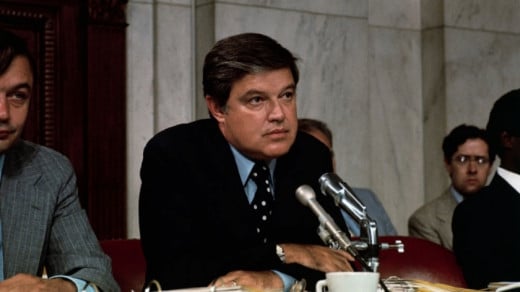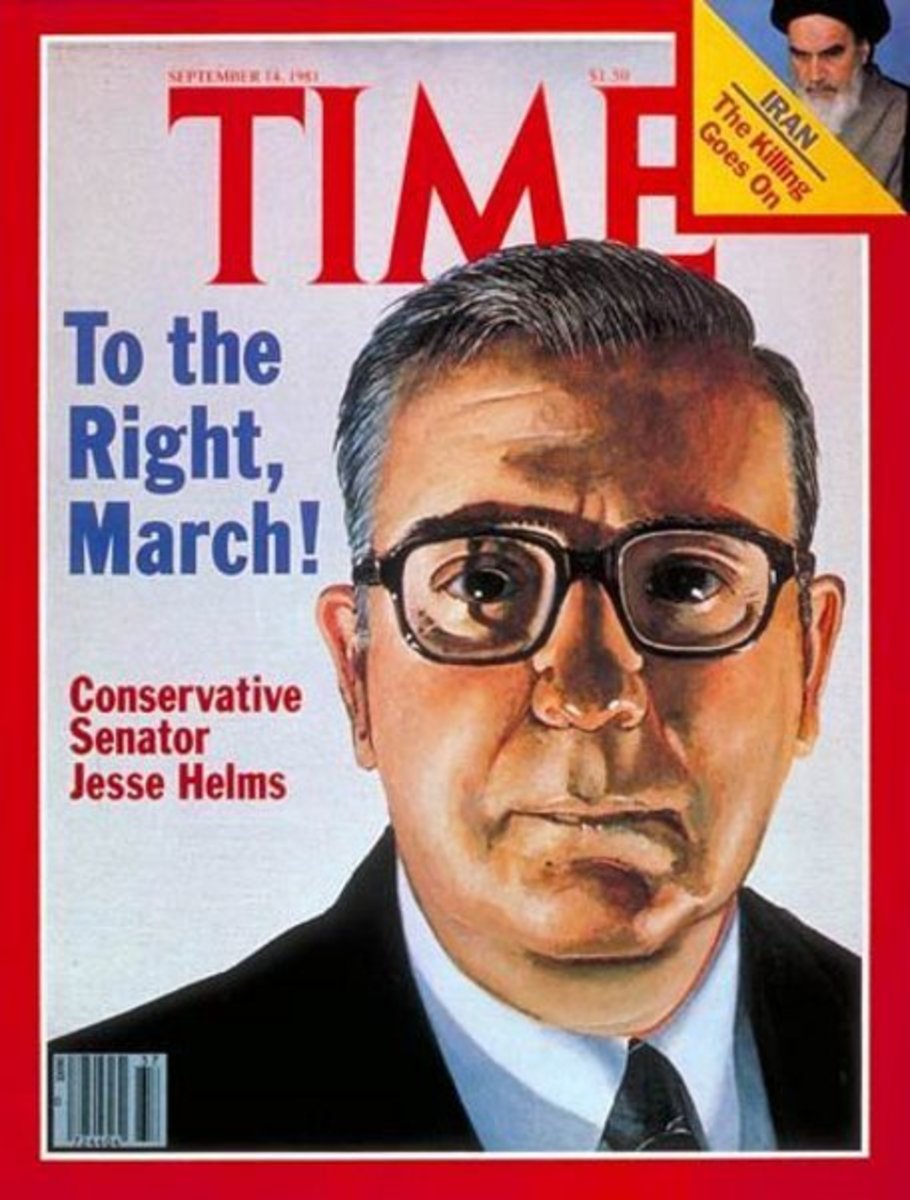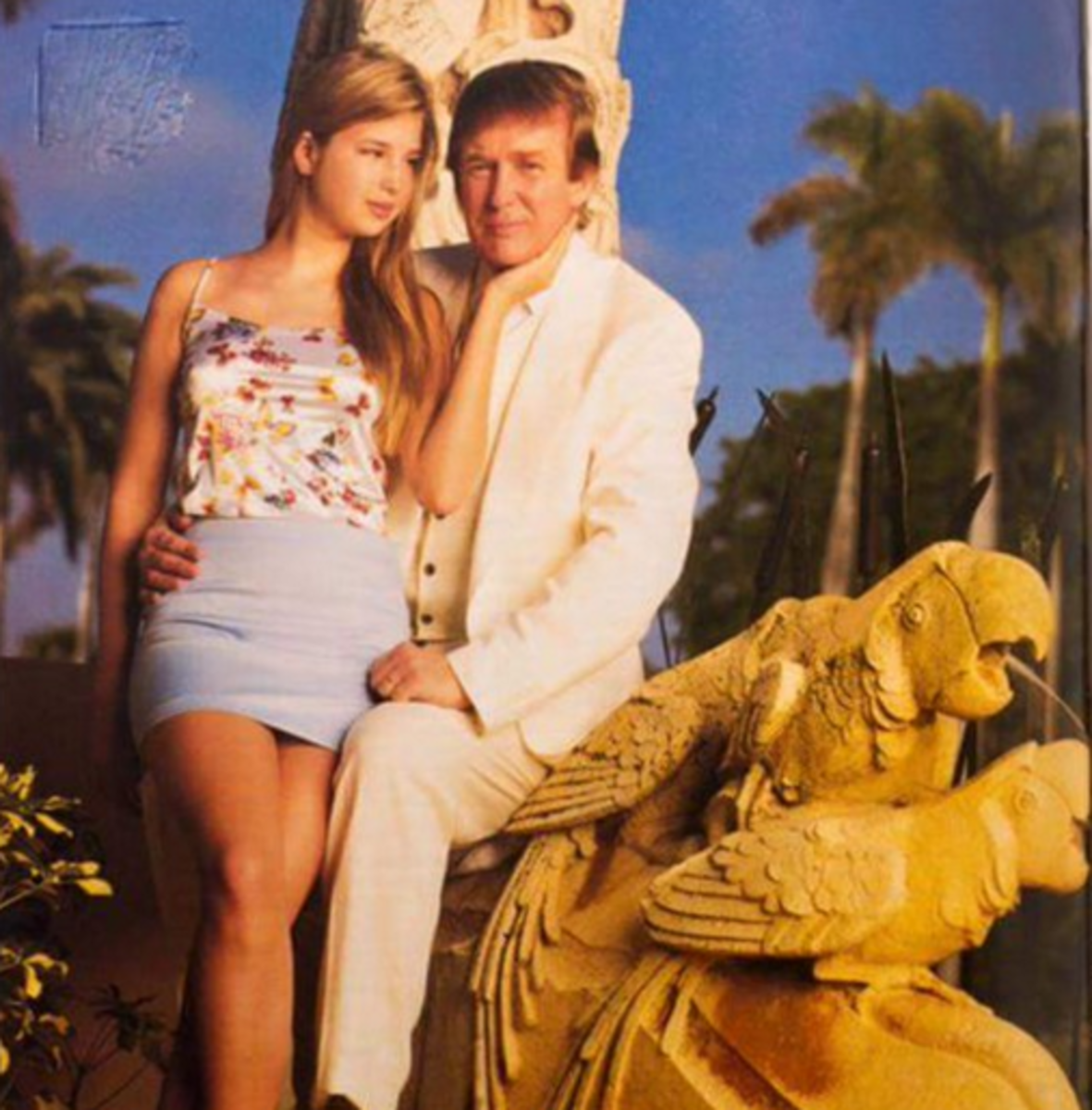The Great Recall Debate – the Gop and the Future of Mitt Romney

The impeachment trial of President Trump mercilessly ended on Wednesday, February 5th one day after the President delivered a historic State of the Union address. His acquittal was expected by both members of the two major Parties, as the Republicans were in the majority. Earlier in the proceedings, the possibility of bringing in more witnesses and adding additional days of testimony were hotly debated. Senator Charles Schumer (D-NY) pressed the issue repeatedly, hoping to sway a small group of Senate Republicans to side with the Democrat demands.
Senator Susan Collins (R-ME), Senator Lisa Murkowski (R-AK), Senator Lamar Alexander (R-TN), and freshman Senator Willard “Mitt” Romney (R-UT) were the targeted group, based on their historical voting records and stance on the issues. The final vote for witnesses was 51-49, with two Republican senators, Mitt Romney and Susan Collins, going against their Party and siding with Democrats. Many pundits expected some Republican Senators would defect, but still felt that the GOP would correctly carry the day.
After the conclusion of the vote, House Managers continued to press for the President to be removed and closed their arguments with a series of inflammatory speeches on the Senate floor. The final votes of the two Articles took place on Wednesday afternoon. The first Article, Abuse of Power, vote came as a shock to many Americans; especially members of the Republican Party, when Senator Romney made history as the first Senator in American history to vote against his Party in an impeachment trial. Romney did vote against the second Article, Obstruction of Congress, and the final vote was 53-47, along Party lines.

The GOP Reacts to Senator Romney's Vote Against the President
The Republican response to Senator Romney’s vote was as expected; anger, frustration, and a call for him to be expelled from the GOP were the most common reactions. In his adopted state of Utah, one state lawmaker has already drafted legislation for him to be recalled. For those not familiar with the term, a recall is a procedure in which voters can remove a previously elected official from office by using the power of the ballot box. It has been used sparingly over time but only within the boundaries of state contests. Most of the recall elections were for lower level elected officials such as mayors or state representatives, but in a few instances it went as high as recalling a state governor. Since Senators and Congress members are considered Federal positions, the laws of individual states were not sufficient to recall a sitting House member.
Recall Elections on the Federal Level
The United States Constitution does not have a mechanism in place for the recall or removal of a member of Congress. The concept had been debated from the earliest beginnings of the United States, dating back to the laws of the General Court of the Massachusetts Bay Colony in 1631. It was again looked at during the American Revolution, with the Articles of Confederation stipulating that state legislatures might recall delegates from the Continental Congress, but the power was never exercised. During the Philadelphia Convention of 1787, a proposal was presented to tie recall with rotation in office and to apply these dual principles to the lower house of the national legislature. The recall proposal was rejected by the Constitutional Convention. Furthermore, several states proposed adopting a recall for US senators in the years immediately following the adoption of the Constitution. However, it did not pass.
Despite the lack of legislation at the Federal level, there have been several unsuccessful attempts to recall House members. In 1967, Frank Church, a Senator from Idaho was subjected to a possible recall that was heavily influenced by the Victory in Vietnam committee. Opposition to this recall was strong from both Parties in the state and it ended up in the court system, which set precedent by stating that Federal officials were not subjected to state recall laws. It happened again in 2009, when Joseph Cao U.S. representative for Louisiana's 2nd congressional district, was determined to be not subject to recall because of his status as a Federal office holder.

Expulsion by the Legislative Bodies
Based on precedent and the lack of direct legislation, Senators and Congress members seem to be insulated from recall. Even though regular citizens cannot recall a member of Congress through the ballot box, both the Senate and the House can expel members with at least two-thirds of the members supporting it by vote. There does not need to be a reason for expulsion, and throughout time it has been used sparingly to expel members who have committed criminal acts, abuse of power, or crimes deemed detrimental to the United States in general. In our nation’s history, only twenty members of Congress have been expelled.
To date, only five members of Congress have been expelled. Three were expelled in 1861 for “taking up arms against the United States” in their role in the American Civil War. Democrat Michael Meyers of Pennsylvania was expelled in 1980 after being convicted of bribery and Democrat James Traficant of Ohio was expelled for a lengthy list of criminal activities. Likewise, fourteen members of the Senate were expelled during the Civil War for supporting the Confederacy and taking up arms against the United States. The remaining Senator to be expelled came in 1797, when William Blount (TN) was expelled for treason.
Conclusion
The current system leaves many Americans feeling helpless, especially when it comes to elected Senators. House members serve much smaller, two-year terms, and those who go against the wishes of their constituents usually are voted out in the following election cycle. Senators on the other hand, present a larger problem for voters as they are elected for six year terms. In the case of Senator Romney, he was just put into office in 2018 by the voters of Utah and will be in office until 2024. The Party is considering other options at the moment, such as expelling him from the Party, but unless he’s convicted of a crime, it’s highly likely he will be around until his term ends.
© 2020 Ralph Schwartz








